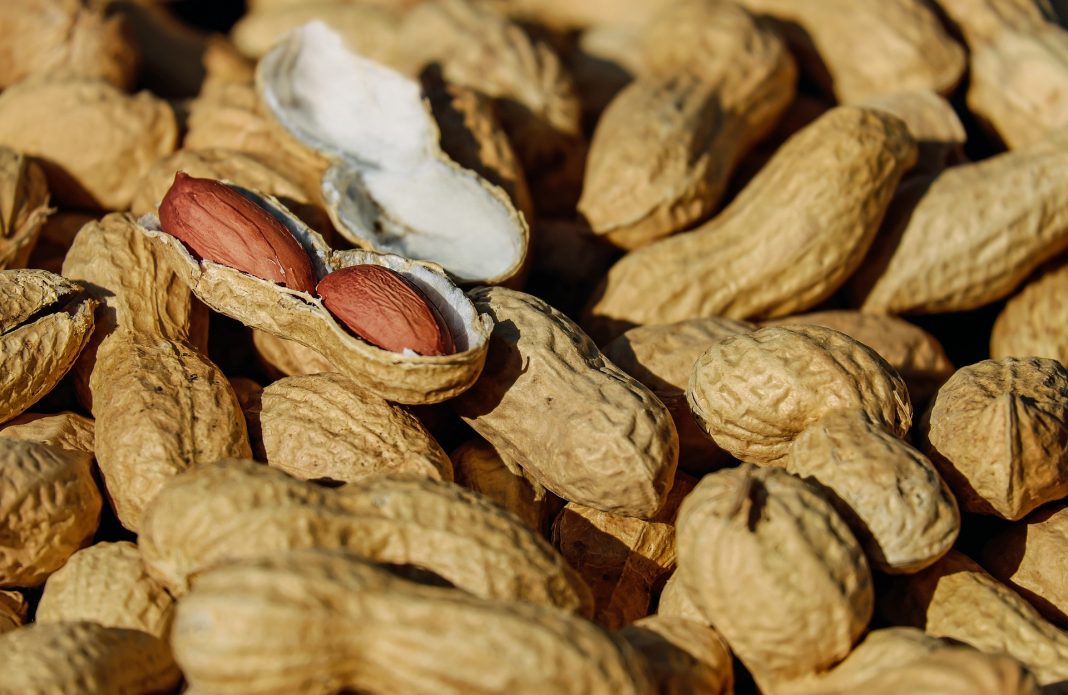Nestlé said today its Nestlé Health Science subsidiary has agreed to acquire Aimmune Therapeutics for approximately $2.6 billion, in a deal that would expand the buyer’s portfolio of medical and over-the-counter nutritional products against food allergy to include Aimmune’s FDA-approved children’s peanut allergy treatment Palforzia® [Peanut (Arachis hypogaea) Allergen Powder-dnfp] and food allergy drug pipeline.
“This transaction brings together Nestlé’s nutritional science leadership with one of the most innovative companies in food allergy treatment,” Nestlé Health Science CEO Greg Behar said in a statement. “Together we will be able to offer a wide range of solutions that can transform the lives of people suffering from food allergies around the world.”
The planned acquisition comes four years after the companies began collaborating on development of life-threatening food allergy immunotherapies based on Aimmune’s Characterized Oral Desensitized ImmunoTherapy (CODIT™) platform.
Nestlé launched the partnership with a $145 million equity investment in Aimmune, which is based in Brisbane, CA. From the launch in November 2016 until the acquisition deal was announced, Nestlé more than tripled its investment in Aimmune to $473 million, raising its stake in the company to 25.6%
Nestlé increased its stake in Aimmune with investments of $30 million in February 2018, $98 million in November 2018, and an additional $200 million announced in February.
At the time, Aimmune said that the $200 million would be used in part toward launching Palforzia, which won FDA approval in January as an oral immunotherapy indicated for peanut allergy in patients ages 4-17. According to the companies, Palforzia is the first and only FDA-approved treatment to help reduce the frequency and severity of allergic reaction to peanuts, including anaphylaxis, in children.
Aimmune is also evaluating Palforzia in the Phase III POSEIDON trial (NCT03736447) designed to assess its effectiveness in patients ages 1-<4, which has an estimated enrollment of 132 participants and was recruiting as of August 24; and in a Phase II trial (NCT03682770) led by Regeneron Pharmaceuticals to assess whether Dupixent® (dupilumab) as an adjunct to Palforzia compared to placebo improves desensitization at the completion of up-dosing. That trial, which recruited 149 participants, was active but no longer recruiting as of August 24.
Peanut allergy is the most common of food allergies from which some 240 million people worldwide have been estimated to suffer, according to the World Allergy Organization.
“A level of support”
“This acquisition ensures a level of support for Palforzia and our pipeline that will further enhance their potential for patients around the world living with food allergies,” Jayson Dallas, MD, Aimmune’s president and CEO, said in a statement.
Aimmune also said it would use part of Nestlé’s $200 million investment to develop its pipeline of other food allergy candidates—including clinical trials of AIMab7195 (formerly XmAb7195), a humanized monoclonal antibody which the company in-licensed from Xencor in February.
Originally developed for allergic asthma, AIMab7195 has been repositioned by Aimmune as an adjunctive treatment for patients with food allergies—including use with Palforzia and other CODIT-based treatments.
Also in Aimmune’s pipeline is the egg allergy candidate AR201, and AR401, designed to target multiple tree-nut allergies.
Aimmune agreed to make upfront payments to Xencor of $5 million cash and $5 million in equity (156,238 newly-issued shares of Aimmune common stock at $32 a share)—plus up to $385 million in payments tied to achieving clinical development, regulatory and commercialization milestones. Xencor is also eligible for a high single-digit to mid-teen percentage of royalties upon commercialization of AIMab7195.
Nestlé said the acquisition is expected to add to its organic growth in 2021, and to its cash earnings by 2022-23.
$1B in projected sales
Aimmune executives including Behar and CFO Eric Bjerkholt have projected that Palforzia has the potential to generate $1 billion in annual sales—an estimate that Behar repeated to Reuters today. That would be about one-third of the total CHF 3.3 billion (nearly $3.7 billion) in 2020 sales that Behar also projected today for the Nestlé Health Science business this year.
Nestlé said its wholly-owned subsidiary, Société des Produits Nestlé S.A. (SPN) will commence a cash tender offer to acquire all outstanding shares of Aimmune common stock that are not already owned by Nestlé Health Science for $34.50 a share cash—a 174% premium to Aimmune’s closing share price on August 28 of $12.60.
The transaction is expected to close in the fourth quarter, Nestlé said, subject to the satisfaction or waiver of customary closing conditions that include the tender of a sufficient number of shares of voting common stock of Aimmune to approve the merger, the expiration or termination of the waiting period under the Hart-Scott Rodino Antitrust Improvements Act of 1976 and other regulatory approvals.
Upon successful completion of the tender offer and satisfaction of the other closing conditions, a wholly owned subsidiary of SPN will merge with Aimmune, with Aimmune as the surviving corporation. Outstanding shares not tendered in the offer will be converted into the right to receive the same $34.50 per share consideration.
Nestlé said it plans to finance the transaction with cash on hand.
“The agreement with Nestlé Health Science recognizes the value created by years of commitment and dedication to our mission by the team at Aimmune,” Dallas added.


